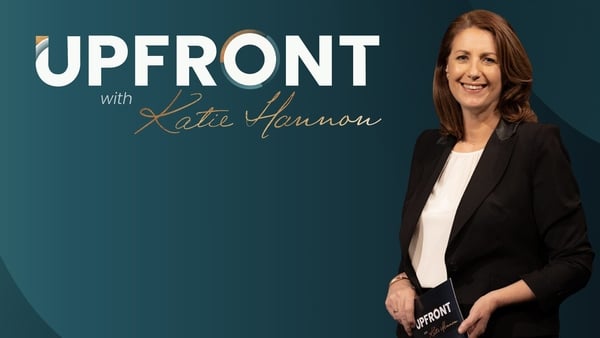It is a curious fact of Irish life that so little attention is paid to defence policy.
After all, one of the primary duties of any State is to protect its citizens.
And this State in particular owes a large debt to its Defence Forces – from the winning of independence, to the stabilisation of the State in the Civil War, to the peaceful transfer of power in 1932, to the ‘Emergency’ (as World War II was known here), to the defence of the institutions of the State during the Troubles.
And yet, serious public discussion of the role of the Defence Forces is almost entirely absent.
Last Friday, Defence Minister Simon Coveney hosted a day long symposium on the issue. Of the wide range of politicians invited, covering all political strands, only two turned up – Sean O Fearghail of Fianna Fail and Gabrielle McFadden of Fine Gael. Media interest was close to zero as well.
The Symposium was organised to feed into the preparation of a new White Paper on Defence, which will set out priorities for the next decade.
It is the first such White Paper in fifteen years – and only the second in the history of the State.
The White Paper is emphatically not about changing our long standing policy of military neutrality – Minister Coveney was absolutely clear that that policy will not change, that there is no question of suggesting we might join NATO, for instance (Fine Gael has on occasion been ambivalent about NATO membership).
Nor is it about changing the ‘triple lock’ on participation in peacekeeping missions – the requirement that such a mission must be approved by the Government, the Dail, and the United Nations.
There was some criticism of the ‘triple lock’ at the Symposium, on the basis that it hands a veto on peacekeeping missions to Russia and/or China, as they are permanent members of the UN Security Council (it also gives the same veto to Britain, France and the United States, but no-one seemed too concerned about that).
But while the ‘triple lock’ is disliked by the Defence Forces, the political reality is that there will be no change to it any time soon. The need to keep it was voiced very strongly at the Symposium by representatives of the Peace and Neutrality Alliance (PANA), and any attempt to address it in the White Paper would cause a political storm.
The White Paper is more about assessing the threats facing this country, and working out how best to prepare to meet them – and how much that might cost.
The Army’s Director of Intelligence outlined his Security Assessment to the Symposium. The world has obviously changed a great deal since the last White Paper in 2000 – we have seen 9/11 and the rise of Islamist extremism; the failure of a number of States which has increased turbulence on the borders of the EU; and a newly assertive Russia.
In a more multi-polar world, issues like migration, climate change and cyber attack could all impact on us. While conventional warfare is less likely, it cannot be discounted and must be prepared for. The assessment is that the EU will demonstrate a greater willingness to intervene to protect its strategic interests, and that Ireland will be expected to take part. This implies the development of forces for a variety of expeditionary missions.
Rory Keane, head of the UN Liaison Office for Peace and Security in Brussels, outlined what the UN wants for peacekeeping missions – rapid reaction forces, helicopters, fixed wing aircraft, and combat engineers. How much of that can Ireland realistically hope to supply?
At the moment, Ireland spends just half a per cent of GDP on defence – which is about half what most neutrals spend (NATO members are supposed to spend 2%). The problem for the Defence Forces is that increased military spending is a hard sell politically, and the White Paper will have to set out what can realistically be expected in terms of extra resources.
There was, however, much talk of the economic benefits of military spending. There are already examples of collaboration between the Defence Forces, academia and industry in developing new technologies that have applications for the wider economy. The Irish Maritime and Energy Resource Cluster in Cork is a prime example. If the Defence Forces want more funding, there will have to be a lot more of that kind of work.
The future role of the Naval Service will be a key part of the White Paper, particularly as the total area over which Ireland claims maritime sovereignty rights has almost doubled since 2000. This is one area where increased co-operation with EU partners to guard against drug smuggling and over-fishing is unlikely to be controversial, as the PANA representatives made clear.
Simon Coveney told the Symposium that getting the White Paper through was his top priority for the rest of this Government’s term in office. He also said he wants to be a “champion” for increased spending on defence, but that he would have to be able to produce proof that it is needed. Supplying that proof, and explaining to the Irish people how they are to be defended against new threats, is what the White Paper is all about.
David McCullagh | @mcculld

